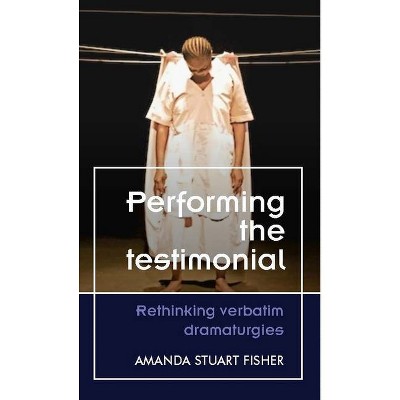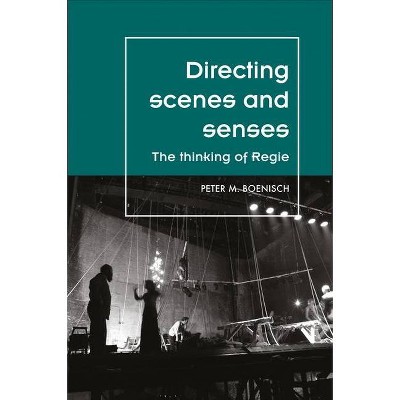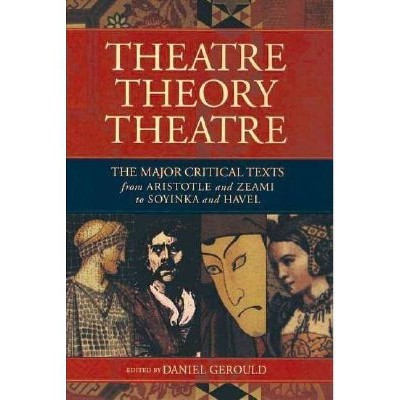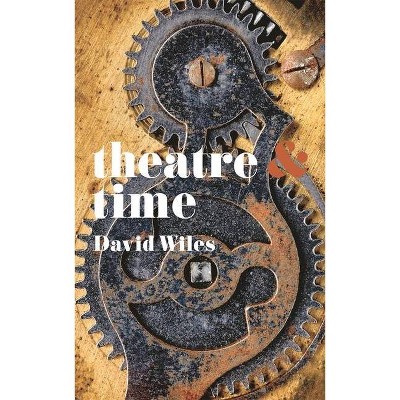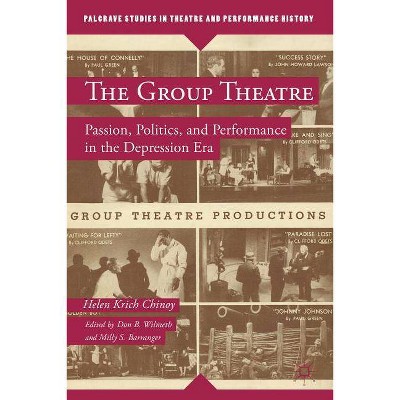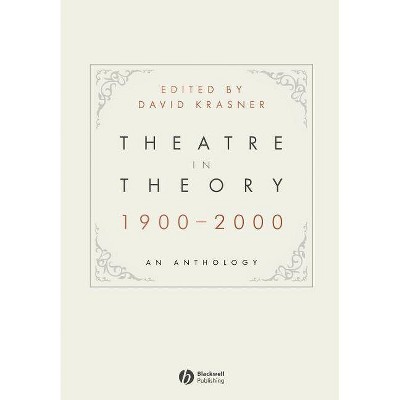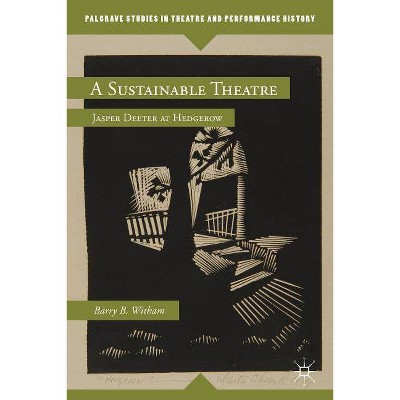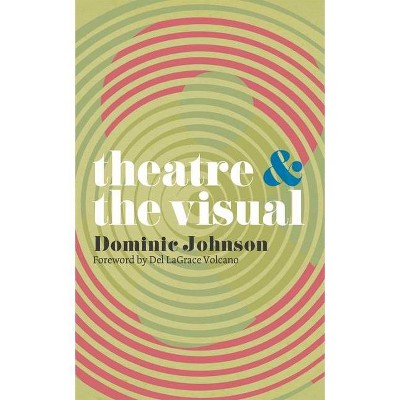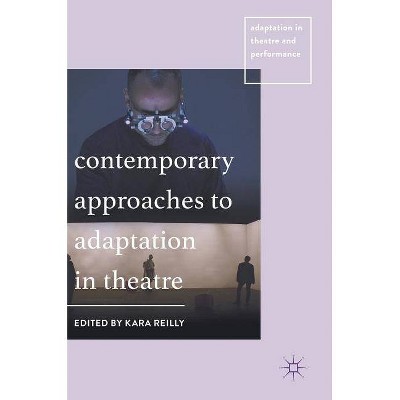Street theatre and the production of postindustrial space - (Theatre: Theory - Practice - Performance) by David Calder (Hardcover)
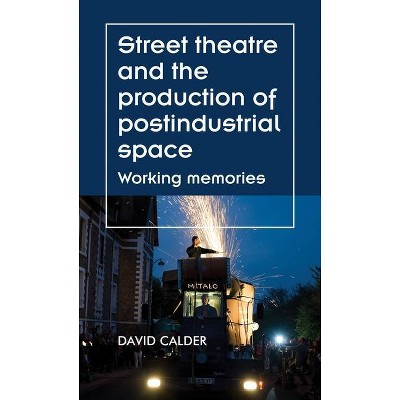
Similar Products
Products of same category from the store
AllProduct info
<p/><br></br><p><b> About the Book </b></p></br></br><i>Working memories</i> explores how street theatre transforms industrial space into postindustrial space.<p/><br></br><p><b> Book Synopsis </b></p></br></br><p>In France, deindustrialising communities have called upon street theatre companies to convert derelict factories into cultural centres, re-animate urban space, commemorate industrial heritage, and even generate jobs. This book<em> </em>explores how contemporary French street theatre transforms industrial space into postindustrial space. <br /> <br /> This original, interdisciplinary analysis reveals how theatre participates in, and makes historical sense of, urban and economic change. How have companies converted spaces of manufacturing into spaces of theatrical production, and to what end? How do these companies, along with municipal governments and developers, connect their work to the kind of work that occurred in these spaces in the past? How do those connections manifest in theatrical events, and how do such events give shape and meaning to ongoing redevelopment projects?<em> </em>Bringing together theatre historiography, performance theory, critical geography and political economy, this book develops an understanding of the relationship between theatre and redevelopment that goes beyond accusations of gentrification or celebrations of radical resistance. Ultimately, this volume argues that deindustrialisation and redevelopment depend on the logics of theatre and performance: theatrical events and performative acts make such transformations intelligible and navigable.<br /> <br /> <em>Street theatre and the production of postindustrial space </em>brings together some of current theatre and performance scholarship's fundamental concerns while demonstrating the significance of those concerns to an interdisciplinary readership. The book will be of interest to scholars and students of theatre and performance studies, French and European cultural studies, critical geography and memory studies.</p><p/><br></br><p><b> From the Back Cover </b></p></br></br>In France, deindustrialising communities have called upon street theatre companies to convert derelict factories into cultural centres, re-animate urban space, commemorate industrial heritage, and even generate jobs. This book explores how contemporary French street theatre transforms industrial space into postindustrial space. This original, interdisciplinary analysis reveals how theatre participates in, and makes historical sense of, urban and economic change. How have companies converted spaces of manufacturing into spaces of theatrical production, and to what end? How do these companies, along with municipal governments and developers, connect their work to the kind of work that occurred in these spaces in the past? How do those connections manifest in theatrical events, and how do such events give shape and meaning to ongoing redevelopment projects? Bringing together theatre historiography, performance theory, critical geography and political economy, this book develops an understanding of the relationship between theatre and redevelopment that goes beyond accusations of gentrification or celebrations of radical resistance. Ultimately, this volume argues that deindustrialisation and redevelopment depend on the logics of theatre and performance: theatrical events and performative acts make such transformations intelligible and navigable. <i>Street theatre and the production of postindustrial space </i>brings together some of current theatre and performance scholarship's fundamental concerns while demonstrating the significance of those concerns to an interdisciplinary readership. The book will be of interest to scholars and students of theatre and performance studies, French and European cultural studies, critical geography and memory studies.<p/><br></br><p><b> Review Quotes </b></p></br></br><br>'Calder's chapters invite us to attend to both the destructive and the creative ways that street theatre restages the industrial past, while reminding us how our work today is haunted, whether we embrace it or not, by the work of yesterday.' Theatre Journal<br><p/><br></br><p><b> About the Author </b></p></br></br><br><strong>David Calder</strong> is Lecturer in Theatre and Performance Studies at the University of Manchester<br>
Price History
Price Archive shows prices from various stores, lets you see history and find the cheapest. There is no actual sale on the website. For all support, inquiry and suggestion messagescommunication@pricearchive.us

